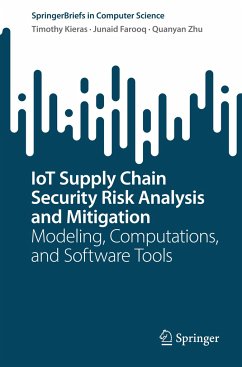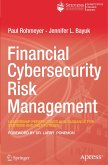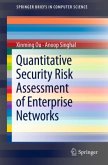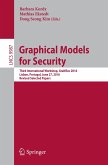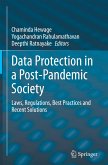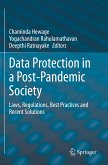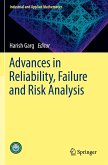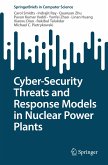This SpringerBrief introduces methodologies and tools for quantitative understanding and assessment of supply chain risk to critical infrastructure systems. It unites system reliability analysis, optimization theory, detection theory and mechanism design theory to study vendor involvement in overall system security. It also provides decision support for risk mitigation.
This SpringerBrief introduces I-SCRAM, a software tool to assess the risk. It enables critical infrastructure operators to make risk-informed decisions relating to the supply chain, while deploying their IT/OT and IoT systems.
The authors present examples and case studies on supply chain risk assessment/mitigation of modern connected infrastructure systems such as autonomous vehicles, industrial control systems, autonomous truck platooning and more. It also discusses how vendors of different system components are involved in the overall security posture of the system and how the risk can be mitigatedthrough vendor selection and diversification. The specific topics in this book include:
Risk modeling and analysis of IoT supply chains Methodologies for risk mitigation, policy management, accountability, and cyber insurance Tutorial on a software tool for supply chain risk management of IoT
These topics are supported by up-to-date summaries of the authors' recent research findings. The authors introduce a taxonomy of supply chain security and discusses the future challenges and directions in securing the supply chains of IoT systems. It also focuses on the need for joint policy and technical solutions to counter the emerging risks, where technology should inform policy and policy should regulate technology development.
This SpringerBrief has self-contained chapters, facilitating the readers to peruse individual topics of interest. It provides a broad understanding of the emerging field of cyber supply chain security in the context of IoT systems to academics, industry professionals and government officials.
This SpringerBrief introduces I-SCRAM, a software tool to assess the risk. It enables critical infrastructure operators to make risk-informed decisions relating to the supply chain, while deploying their IT/OT and IoT systems.
The authors present examples and case studies on supply chain risk assessment/mitigation of modern connected infrastructure systems such as autonomous vehicles, industrial control systems, autonomous truck platooning and more. It also discusses how vendors of different system components are involved in the overall security posture of the system and how the risk can be mitigatedthrough vendor selection and diversification. The specific topics in this book include:
Risk modeling and analysis of IoT supply chains Methodologies for risk mitigation, policy management, accountability, and cyber insurance Tutorial on a software tool for supply chain risk management of IoT
These topics are supported by up-to-date summaries of the authors' recent research findings. The authors introduce a taxonomy of supply chain security and discusses the future challenges and directions in securing the supply chains of IoT systems. It also focuses on the need for joint policy and technical solutions to counter the emerging risks, where technology should inform policy and policy should regulate technology development.
This SpringerBrief has self-contained chapters, facilitating the readers to peruse individual topics of interest. It provides a broad understanding of the emerging field of cyber supply chain security in the context of IoT systems to academics, industry professionals and government officials.

